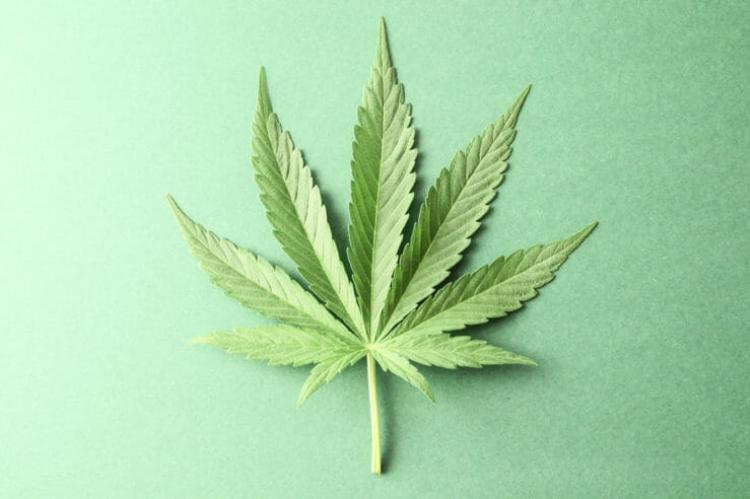A New Era of Protection: The PVPO, Plant Patents and More
Hemp breeding is big business, and as such, companies who invest in breeding programs are also investing in protections.
With the hemp boom upon us, plant scientists have turned their attention to creating new and innovative hemp cultivars. The focus is on varieties for specific climates, special disease or environmental resistance, or unique cannabinoid profiles.
Before the 2018 Farm Bill came into play, hemp breeders arguably had limited options for any new botanical inventions they released. Hemp patents didn’t really exist. Even in states with full-blown recreational markets, the federal legal status impacted most national intellectual property protections. But with this new era of hemp, so too has come a new era of protection for hemp breeders.
There are more channels than ever before for companies investing in plant breeding programs — a chance to reap a return on investment. Currently, in the U.S., there are three options on the table, each with subtly different coverage:
- Plant Variety Protection
- Plant Patent
- Utility Patent
NEW OPTION FOR HEMP CULTIVATORS: PLANT VARIETY PROTECTION
The newest protection now open to hemp scientists is the Plant Variety Protection (PVP). Since 2018, the Plant Variety Protection Office (PVPO) has accepted applications for hemp varieties under a newly expanded Plant Variety Protection Act.
The PVP includes seeds, tubers, and asexually propagated plants, and covers growers for 20 years. Importantly, this option also offers global coverage. According to a report by Cannabis Industry Journal, “Those holding a certificate of protection from the PVPO can exclude others from marketing or selling a registered hemp variety and manage how other breeders and growers use their protected variety.”
The PVP specifically explores distinct plant qualities. As the PVPO explains, “Upon receiving applications, we examine them to establish that they are new, distinct, uniform and stable.” Only when all these qualifiers have been satisfied, do they approve the application.
The application costs $5,150, and for hemp, the deposit of seeds. Many growers dislike the PVP for the sole reason that they must give up 3,000 viable, untreated seeds of the variety, or for hybrids, 3,000 seeds from each parent.
Still, despite the upfront costs, the PVP approach will likely gain a following. Over time, as new hemp varieties stabilize and growers move away from cloning, the PVP will likely become an essential tool for the protection of seed-propagated cultivars.
BEYOND THE PVPO, PLANT PATENTS
Hemp patents (plant patents) are an alternative if the PVP is cost-prohibitive or unappealing. A plant patent comes from the U.S. Patent and Trade Office (USPTO). In a strange loophole of American law, cultivators working with hemp or even THC-rich varieties can apply to the USPTO for a patent. Within the content of patents, there is technically no mention of federally scheduled materials
This route protects asexually propagated or clonal varieties for 20 years. The application process, filed with the USPTO, requires the deposit of plant germplasm into a genetic bank. Fees are only nominally cheaper than plant patents, ranging between $400–$800 for the application itself, and an additional $3000 or so for the legal fees.
Plant patents only cover the U.S., but at least protect against “others asexually reproducing the plant, and from using, offering for sale, or selling the plant so reproduced, or any of its parts, throughout the United States, or from importing the plant so reproduced, or any part thereof, into the United States,” according to the UPTO.
The first hemp patent was granted in 2019 by the Colorado-based Stanley Brothers on their world-renowned Charlotte’s Web cultivar, filed under the name CW2A.
A FINAL OPTION: THE UTILITY PATENT
The most expensive and expansive intellectual hemp patent protections are available through a utility patent. The UPTO explains, “Utility patents may be granted to anyone who invents or discovers any new and useful process, the machine, article of manufacture, or composition of matter, or any new and useful improvement thereof.”
A utility patent can cost upwards of $15,000. According to Marijuana Business Daily, it can take significant time and resources to defend. Yet, it offers the most substantial protections as it can include several varieties under the scope of a single patent. Furthermore, above and beyond individual characteristics assurance, it could cover an entire range of a cultivar. Importantly, it also protects sexually and asexually propagated progenies. If the resources are there, the utility patent is the best bet.
THE VALUE OF HEMP INTELLECTUAL PROPERTY
Thanks to the swift changes to the legality of hemp propagation, hemp breeders have new options on the table to protect their creations. Whether they have a new variety suitable for short growing seasons, resistant to disease, or demonstrating interesting cannabinoids, the U.S. government now allows for global protections through the Plant Variety Protection Act.
- Log in to post comments

